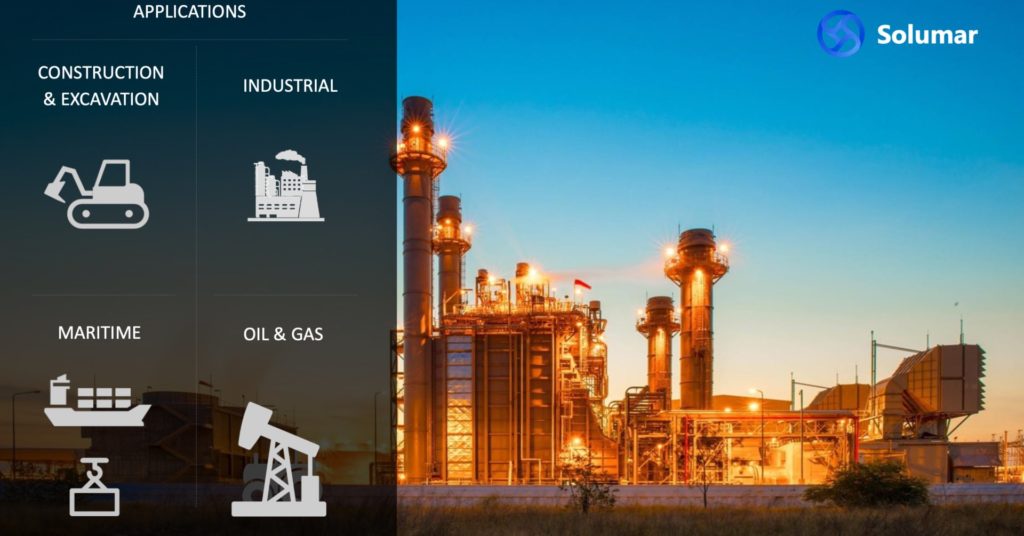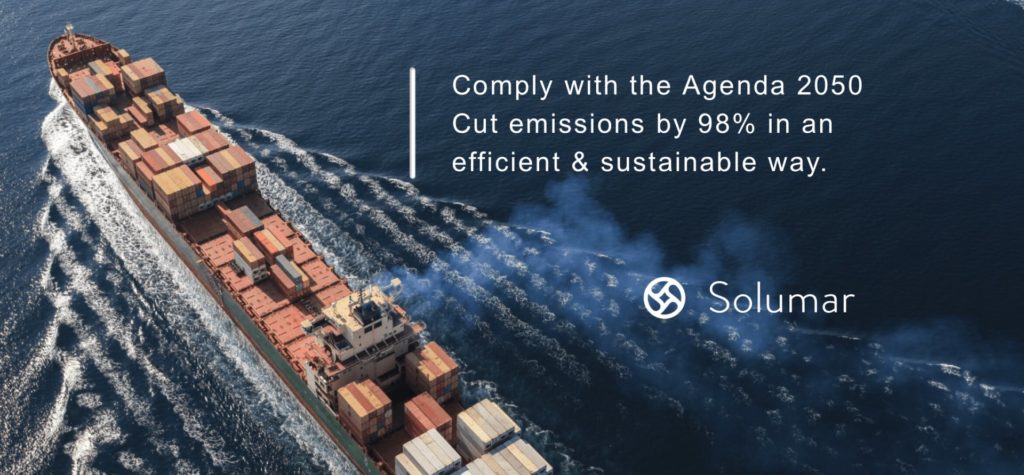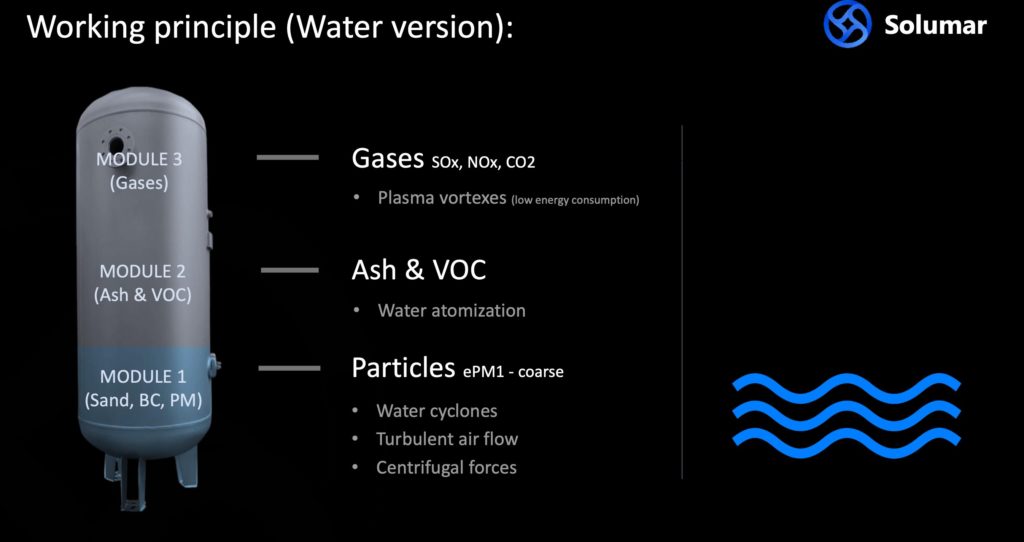Solumar is a Bulgarian company, specialised in the production of gas and air filtering solutions. They have developed and successfully tested filters for the industrial use (best fit in plastics, chemical, food and beverage, wood and metal industries), reducing the CO2 emissions by 98%.
Today maritime companies must to cut emissions in order to comply with EU requirements. They have to choose between options that are either expensive or cannot retrofit the whole fleet, or incur massive operational costs or biofuels that compete for scarce agricultural land, or solutions that are not yet fully developed (ex: hydrogen). Solumar has solution of this problem. This Bulgarian company specialised in the production of gas and air filtering solutions. They have developed and successfully tested filters for the industrial use (best fit in plastics, chemical, food and beverage, wood and metal industries), reducing the CO2 emissions by 98%.

The new technology will make it possible for shipowners and port operators to keep up to the EU requirements and comply with the Agenda 2050 in an efficient and sustainable way – with low acquisition and operational costs.

The solution is by 6-8 times lower in both, the capital and operational expenses compared to the existing solutions such as scrubbers, catalyst, electrification, hydrogen, biofuels and fuel additives.
The main advantage of the technology is that it is the only solution, able to collect Black Carbon, Ash, Volatile organic compounds (VOC), Carbon Dioxide (CO2), and other gases simultaneously.
The design is modular and fits into one compact body, retrofittable to small, mid-size and large vessel and to any type of port’s equipment, with a life span of 30-40 years.

The technology for its Maritime applications is tested in lab, then on a diesel-run forklift, pivoted and is entering its final Pilot stage before available for demonstration.
Website: https://www.solumar.org
LinkedIn: https://www.linkedin.com/company/solumaragenda2050
This technology from Solumar will boosting blue economy in the Black Sea and total in the ocean.
*This Project has received funding from the European Union’s European Maritime, Fisheries and Aquaculture Fund (EMFAF) under Grant Agreement 101077576.
**Funded by the European Union. Views and opinions expressed are however those of the author(s) only and do not necessarily reflect those of the European Union or CINEA. Neither the European Union nor the granting authority can be held responsible for them.
